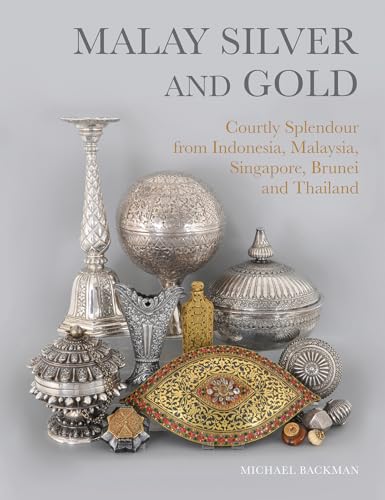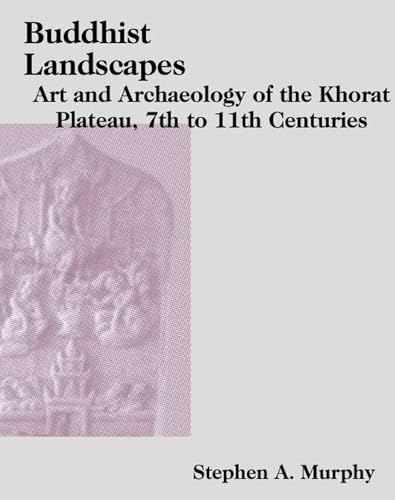The Bangkok Post reports on how some academics in Thailand are counselling a more pragmatic and less emotionally-charged approach to handling the Preah Vihear dispute, which erupted in 2007 when UNESCO designated the border temple as a World Heritage Site under Cambodia. The award has become a political hot potato in Thailand, where nationalists have seen the award as a breach in sovereignty and has led to the worsening of relations between the two countries.
Academics want pragmatic approach over border row
Bangkok Post, 09 August 2010
Critiques suggested Thailand seeks other pragmatic and less patriotically blinded approach by proposing to the World Heritage Committee the connected cultural heritage of the Preah Vihear era that situated in the Thai territory instead of trying to renounce the MoU signed in the year 2000 with Cambodia.
Morakot Jewachinda Meyer, Srinakharinwirot University’s history lecturer, said politicization with blinded nationalism of the Preah Vihear Temple issue would do no good for Thailand.
“In light of the spirit of regionalism that is being forged under the banner of Asean, should we follow the European Union lesson of turning national heritage into common European heritage to mutually reap cross-border economic and cultural prosperity like what Germany and Poland, for example, have been doing,†said Ms Morakot at a Thammasat University seminar this afternoon.
On July 2, 2004, the UNESCO inscribed the Muskau park on the World Heritage List, as an exemplary example of cross-border cultural collaboration between Poland and Germany. The English-garden-styled Park covers 3.5 square kilometres of land in Poland and 2.1 in Germany.
“Could we see this happen in Asean? Asean has so far no clear position to upgrade national heritage into a regional project of cross-cultural collaboration,†said Ms Morakot.















![[Talk] The Ancient Town of Si Thep in Thailand: A Crossroads of Indianization](https://www.southeastasianarchaeology.com/wp-content/uploads/2024/07/the-ancient-town-of-si-thep-in-thailand-a-crossroads-of-indianization-502-120x86.jpg)








